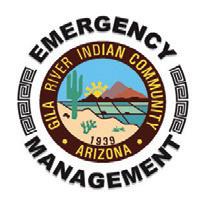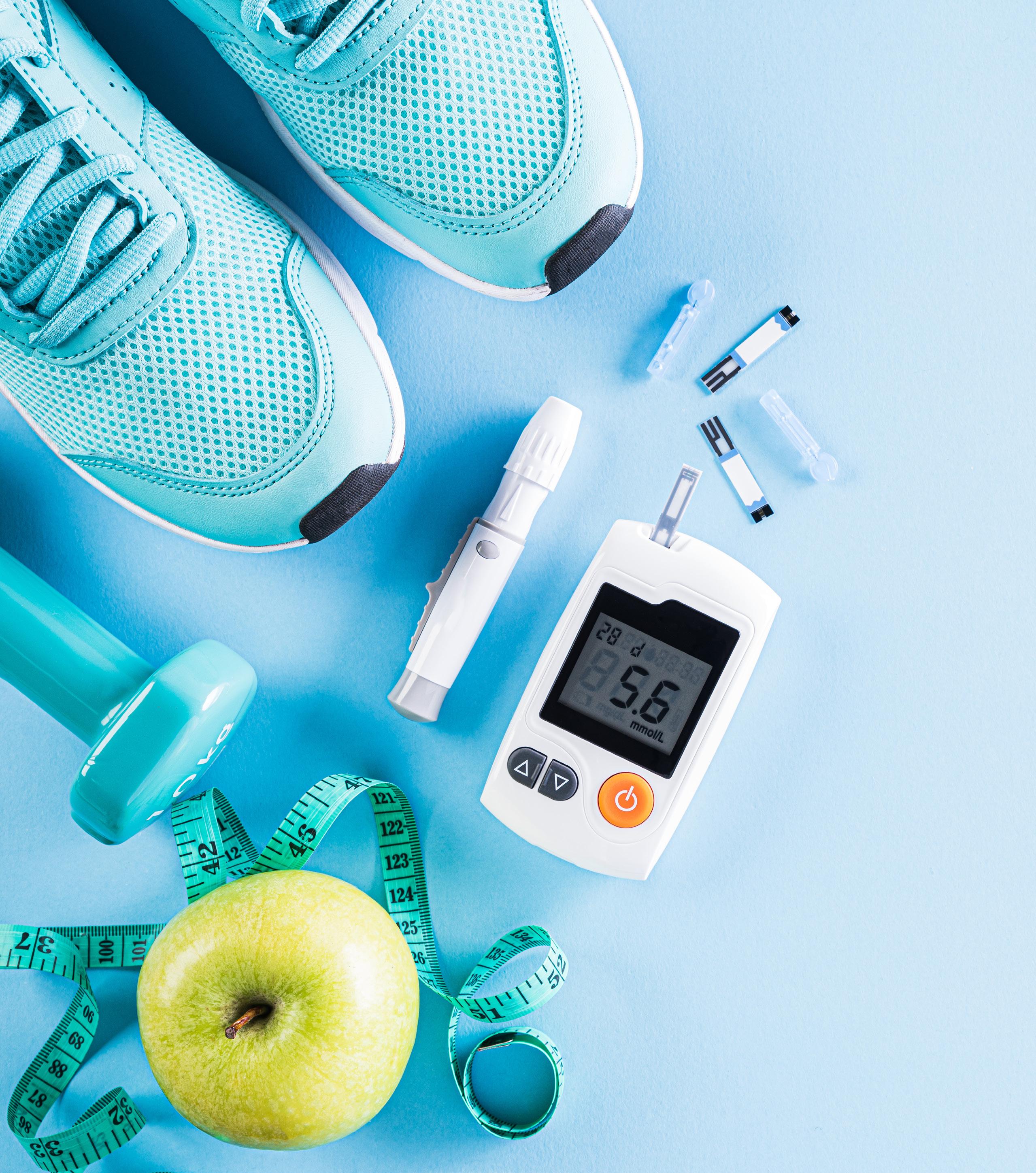ELDER COVID-19 NEWSLETTER


This month’s issue includes information on:
• Flu Shot Dates & COVID-19 Testing Dates
• Preventative Schedule
• Weight Management Virtual Classes
• And Family Planning Mobile Clinic Dates



This month’s issue includes information on:
• Flu Shot Dates & COVID-19 Testing Dates
• Preventative Schedule
• Weight Management Virtual Classes
• And Family Planning Mobile Clinic Dates

Test for cold symptoms right away, so we can treat appropriately.
The sooner you act on your COVID-19 symptoms, the better. If you test positive - and are more likely to get very sick from COVID-19 (due to age or underlying health conditions), treatments are available to reduce progression to severe illness.
•Don't delay - get tested as soon as possible after your symptoms start. Treatment must be started within days after you first develop symptoms to be effective.
•If you test positive, talk to your doctor or healthcare provider right away to find out if treatment is right for you, even if your symptoms are mild. There are multiple options for treating COVID-19 at home or in an outpatient setting.
You may also visit any of the GRHC Primary Care Departments for vaccines any time during regular office hours.

SCAN FOR VACCINE INFORMATION
** DATES ARE SUBJECT TO CHANGE **
25
Approved: 1/13/23
We are flexible. Let us know what time works best for you!





December 29, 2022
Community members please be vigilant when solicited by individuals or “recruiters” offering potentially fraudulent behavioral health services.
The Gila River Indian Community and other tribal nations have recently become aware of individuals or “recruiters” associated with some offreservation behavioral health residential facilities approaching Tribal members and offering a place to stay, regular meals, and other items if they agree to accompany them to facilities located in the Phoenix metro area.

Individuals from other tribes have reported being approached at community gatherings or events and offered transportation to the facilities commonly known as sober homes or group homes. Tribal members from other tribes have reported difficulty returning home and have also reported falling victim to criminal activity.
If you or a family member has been approached or picked up by one of these “recruiters” or if you observe suspicious activity on the Community, you are encouraged to contact the Gila River Police Department at 520-562-4511.
If you or a family member are in need of mental health or substance abuse services, please contact Gila River Health Care Behavioral Health Services at 520-562-3321 ext. 7100.
Stress is what you feel when you have to handle more than you are used to. Stress is a fact of life for most people, and it affects everyone differently. What causes stress for you may not be stressful for someone else.
A lot of things can cause stress. You may feel stress when you go on a job interview, take a test, or run a race. This kind of short-term stress
When you are stressed, your body responds as though you are in danger. It makes hormones that speed up your heart, make you breathe faster, and give you a burst of energy. This is called the fight-or-flight stress response. If the stress is over quickly, your body goes back to normal and no harm is done.
But if stress happens too often or lasts too long, it can have bad effects. Long-term stress can
• Write.
It may help to write about things that are bothering you. This helps you find out how much stress you feel and what is causing it. When you know this, you can find better ways to cope.
• Let your feelings out.
Talk, laugh, cry, and express anger when you need to. Talking with friends, family, a counselor, or a member of the clergy about your feelings is a healthy way to relieve stress.
is normal and even useful. It can help you if you need to work hard or react quickly. For example, stress can help you finish an important job on time.
Stress also can last a long time. Long-term stress is caused by stressful situations or events. Examples of long-term stress include long-term health problems, ongoing problems at work, or conflicts in your family. Long-term stress can harm your health.
make you more likely to get sick, and it can make symptoms of some diseases worse. If you tense up when you are stressed, you may develop neck, shoulder, or low back pain. Stress is linked to high blood pressure and heart disease.
Stress also harms your emotional health. It can make you moody, tense, or depressed. Your relationships may suffer, and you may not do well at work or school.
• Do something you enjoy.
For example, listen to music or go to a movie. Practice your hobby or do volunteer work.
• Meditate.
This can help you relax, because you are not worrying about what happenedbefore or what may happen in the future.
• Do guided imagery.
Imagine yourself in any setting that helps you feel calm. You can use audiotapes, books, or a teacher to guide you.
Participate via computer or phone
11 am - 12 pm
TUESDAYS
Classes will be held weekly for 16 weeks on Tuesdays.

Beginning February 7th
Participate via computer or phone
1 pm - 2 pm
THURSDAYS
Classes will be held weekly for 16 weeks on Thursdays.
Beginning February 9th
Plan your care: Know what you need and when to get it
General Health Care
work- or school-related physical)
Screenings / Procedures
Cholesterol (Lipid) Screening
Colon Cancer Screening (Including Colonoscopy)
Diabetes Screening
Latent Tuberculosis Screening
Lung Cancer Screening
Mammogram
Osteoporosis (Bone Mineral Density) Screening
• Ages 19 to 49: Every 1 to 2 years
• Ages 50 and older: Once a year
Ages 65 to 75 who have ever smoked:
• Ages 20 and older: Once every 5 years
• Ages 45 and older: Every 1 to 10 years, depending on screening test
• High-risk: Earlier or more frequently
• Ages 40 and older, once every 3 years
• High-risk: Earlier or more frequently
• Ages 18 to 79: Once
• High-risk: Earlier or more frequently
High-risk
Ages 50 to 80 with 20-pack per year history: Once a year for current smokers, or once a year if currently smoking or quit within past 15 years
Ages 40 and older: Once a year including 3D
Ages 65 and older: Once every 2 years, or younger if at risk as recommended by physician
Cervical Cancer Screening
Screenings and Counseling (Chlamydia, Gonorrhea, HIV, and Syphilis)
• Ages 21 to 65 Pap: Every 3 years, or annually, per doctor’s advice
• Ages 30 to 65: Every 5 years if HPV only or
• Ages 65 and older: Per doctor’s advice
• HIV screening for adults to age 65 in the screening over age 65 with risk factors
Chicken Pox (Varicella)
Diphtheria, Tetanus (Td/Tdap)
Adults with no history of chicken pox: One 2-dose series
One dose Tdap, then Td or Tdap booster every 10 years
Every year
Human Papillomavirus (HPV)
Measles, Mumps, Rubella (MMR)
Pneumonia
Shingles
• To age 26: One 3-dose series
• Ages 27-45, at-risk or per doctor’s advice
One or two doses
High-risk or ages 65 and older: One or two doses,
1 in 12 high school students experience sexual dating violence
1 in 11 females1 in 14 males high school students report having experienced physical dating violence in the last year.
1 in 12 high school students experienced physical dating violence
33% of teens are victim to sexual, physical, verbal, or emotional dating abuse.
1 in 3 young people will be in an abusive or unhealthy relationship.
• Reaching out to a trusted friend, teacher, parent, or mentor
• Spending more time with individual with whom you are comfortable
• Getting involved with activities you enjoy that will allow you to associate with positive people
• Seek the guidance of a school counselor or therapist
• Calling your local Crime Victim Services team at 520-562-4106
For more information, contact the SANE Forensic Nursing Department at 520-562-5151 or email sane@grhc.org
Unhealthy or abusive relationships take many forms, and there is not one specific behavior that causes a relationship to be categorized as such. However, there are certain behaviors that should be cause for concern.
• Excessive jealousy or insecurity; possessiveness
• Invasions of your privacy; like checking your cell phone, email, Facebook, etc. without permission
• Unexpected bouts of anger or rage
• Unusual moodiness; constant mood swings towards girlfriend/boyfriend
• Pressuring a partner into unwanted sexual activity, sometimes repeatedly
• Blaming you for problems in the relationship and not taking any responsibility for the same; constantly putting you down
• Isolating you from family and friends
• Controlling tendencies; telling someone what they can and cannot do
• Explosive temper
• Preventing you from going out with or talking to other people
• Constantly monitoring your whereabouts and checking in to see what you are doing and who you are with
• Falsely accusing you of things
• Vandalizing or ruining your personal property
• Taunting or bullying
• Threatening or causing physical violence; inflicting physical or emotional pain in any way
Studies have found that negative or abusive behaviors in unhealthy relationships are more likely to increase over time. Abuse escalates as the relationship progresses, and victims are more likely to sustain substantial injuries or harm. If you believe that you may be in an abusive or unhealthy relationship do not hesitate to ask for help. Teenage dating violence is more common than you know. You are not alone.




Hu Hu Kam Memorial Hospital - Main Number: (520) 562-3321
Komatke Health Center - Main Number: (520) 550-6000
Hau’pal (Red Tail Hawk) Health Center - Main Number: (520) 796-2600
Behavioral Health Services - Main Number: (602) 528-7100 District Service Centers
